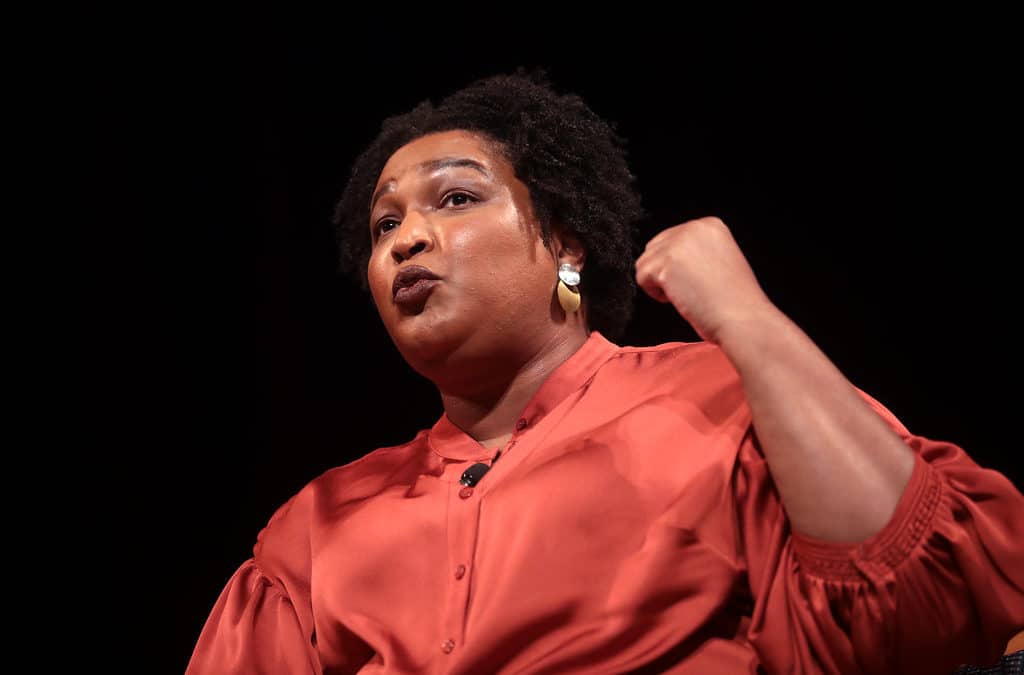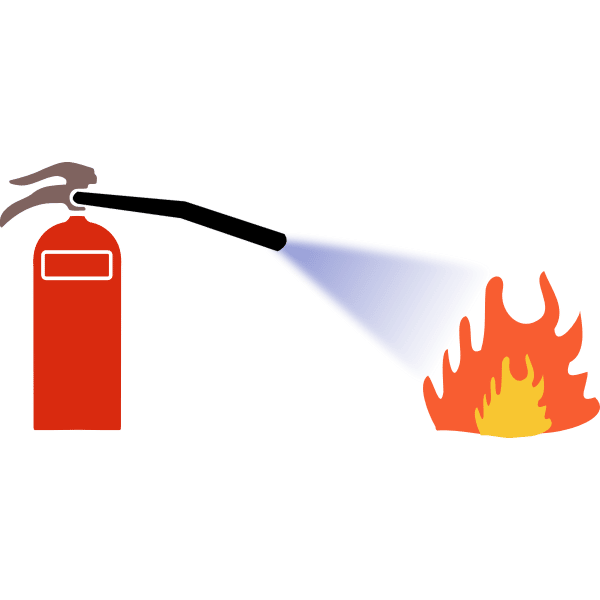Should the law do more to punish persons who falsely assert that an election was rigged or stolen? That’s a demand being heard from some academics and officials. But any general attempt to legislate against so‐called election denial soon runs into the First Amendment. To begin by conceding the exceptions: it’s perfectly true that some false statements about election outcomes lack First Amendment protection and can land you in legal trouble under current law. The list starts with statements that the law might view as defamation: that’s why the Dominion voting machine company can and has...

Election Denial Is Legally Protected Speech
read more










